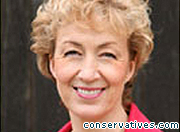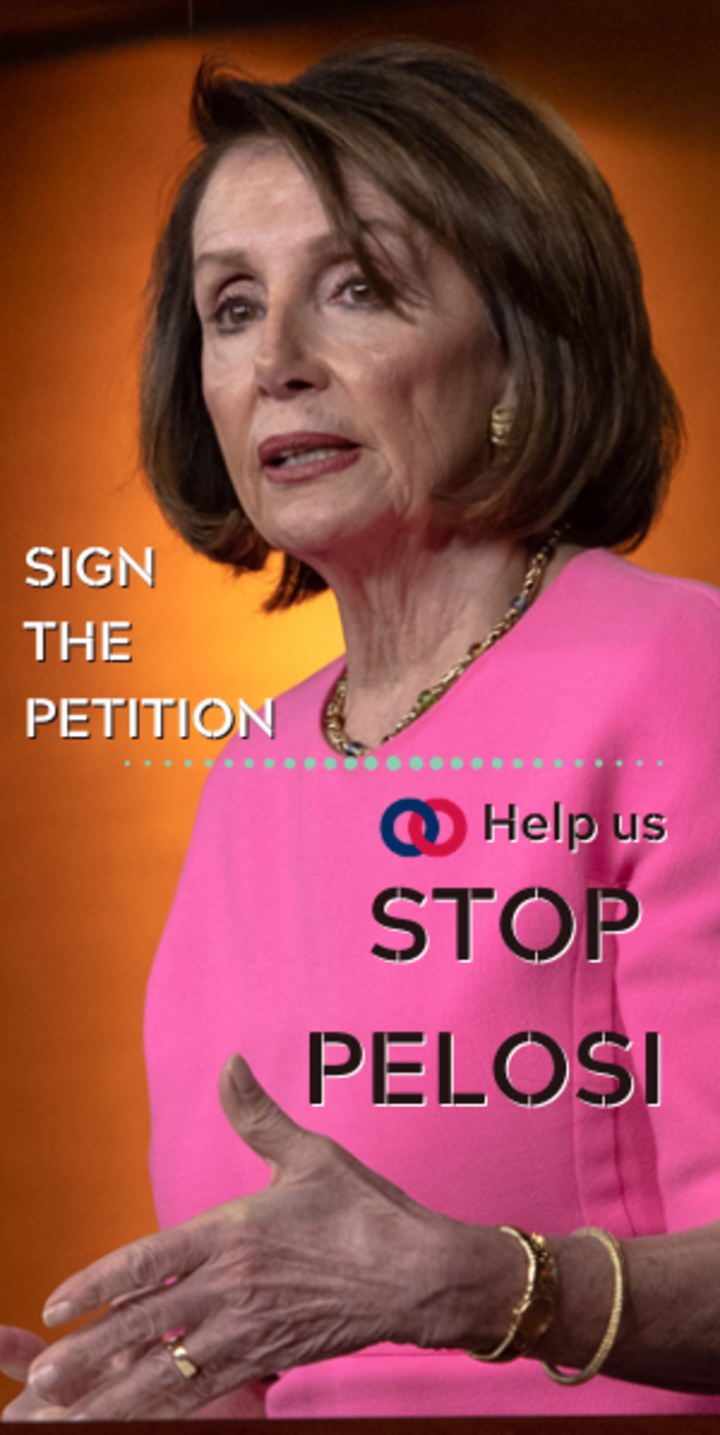This is the second installment of a two-part article in The Public Discourse by NOM founding Chairman of the Board Robert George, Patrick Lee and Gerard Bradley (read Part 1 here):
The argument we advanced for man-woman marriage in Part One of this article is sometimes obscured even by proponents of conjugal marriage. It is sometimes argued that the state’s interest in marriage is simply to ensure that as many children as possible are raised in “an optimal setting,” and that this interest justifies “restricting” marriage to opposite-sex couples. But the fact that intact homes are the optimal setting for child-rearing does not by itself justify a policy of recognizing only opposite-sex partnerships as marriages. For a good end (ensuring optimal care for children) would not justify the means (excluding same-sex “marriage”) if it could be shown that the means were unjust—and denying marriage to such couples, if they were able to form a true marital partnership, would be unjust.
If this argument is advanced as the central one—rather than as a secondary confirmation—then it is misleading. For, in that case, the impression is given that the state itself has created marriage—for the extrinsic purpose of child-rearing. In fact, however, marriage is indeed naturally oriented to and fulfilled by conceiving, bearing, and raising children, but not as to an extrinsic end—and this orientation belongs to marriage independently of any action on the part of the state. In a profound sense, marriage is a “pre-political” institution, albeit one that the law and the state rightly recognize, regulate, promote, and protect. [Continue reading]











